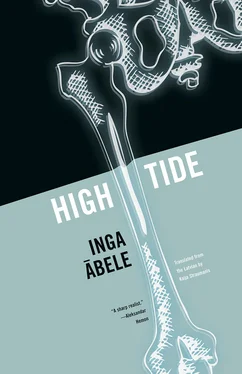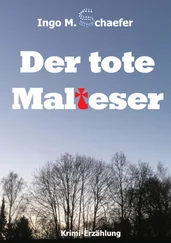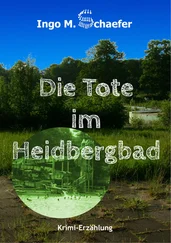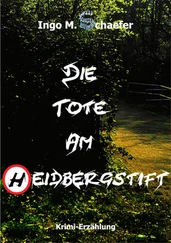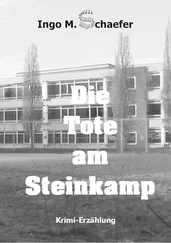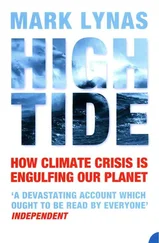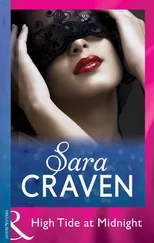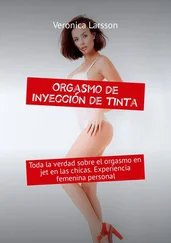“In order to talk amongst themselves, Hungarians were forced to use subtexts — to read between the lines and beyond the jokes. By the 80s irony had become the official language in Hungary. If someone spoke seriously, it meant he sided with the regime — meaning he was lying… It’s hard to joke around. If I tell a Russian a dirty Transylvanian joke, he’d laugh for an hour. A Hungarian would laugh for half an hour. A German — for five minutes. It’s just that the joke would be foreign to someone born in the Carpathian forest, where everything smells of blood and death.”
“And now, when you travel the world? Do you maintain your cynical view of things?”
Peter shrugged.
“No choice. I grew up with irony. It’s my second skin.”
“And distance as well?”
He nodded.
Barbara pushed her way through the crowd with a CD in hand. She looked at Ieva, and Ieva smiled encouragingly and waved.
Barbara studied at the Konrad Wolf Academy for Film and Television under director Hans Foses, and Hans practically put the girl on a pedestal. Every time she’d met Ieva, Barbara tried to speak Russian. She gushed about Russia and her dream of traveling to Moscow. Ieva was too lazy to keep reminding her that the Baltics and Russia were two different places.
Once they had talked about Latvia.
“What’s Germany to you!” Barbara had cried out. “Compared to the massive area of your country!”
When she saw Ieva’s surprised face, she explained:
“I mean the steppes!”
Ieva had laughed, but said nothing. In the eyes of the international community Russia was irrational, but the romanticized idea Germans had of Russia was sometimes even more so.
Small and lithe with short-cropped hair, Barbara reminded Ieva of a teenager. Hans said she had style. And her film was amazing, Ieva would see for herself. That’s how a director was supposed to act, Ieva thought — like a jackrabbit. White against the pale winter snow and brown against yellow summer reeds. So the world is never closed off to them. So they can get inside a foreign world and observe.
Meanwhile Barbara was presenting her movie:
“Last summer the cameraman and I filmed in Romania — in Bucharest. It was really tough, not so much physically, but spiritually. You’ll see… Some scenes were staged — the ones filmed in the youth center — but the rest are documentary. We made friends with the Bucharest street kids. They live in heating ducts. We gave them a video camera and had them film themselves, in their world. For them it was a game, entertainment. For us — it was valuable footage. You’ll see… What else can I say? Roll film!”
Peter sat down next to Ieva with a glass of wine and whispered into her ear:
“Thanks for the support!”
His shaggy hair fell forward onto her shoulder and tickled her neck. She drew back and laughed:
“Don’t mention it! Have you been to Romania?”
Peter simply nodded his head in response.
“Japan?”
“No! Japan is the exception. And I never lie.”
They were both overcome by fits of laughter as the rest of the hall grew silent and suddenly very serious.
The movie started.
It was powerful. Even for the students who had learned to emotionally distance themselves from the material used and evaluate a film’s professional qualities.
Shaky scenes filmed with a miniature camcorder moved in time with the observer’s breathing and heartbeat. Barbara was like a meticulous follower of Dogme 95, the so-called final film manifesto of the 20th century presented in Paris in 1995 by Danish director Lars von Trier and his peers. This manifesto, or “Vow of Chastity,” envisaged the creation of works that went against the manufactured glamor of Hollywood by:
— filming only in a natural setting;
— never recording the sound separately from the video, or vice-versa, and without using music unless it was actually in the scene being filmed;
— using a camcorder;
— making the movie colorful and prohibiting special lighting effects;
— forbidding the use of optical tools and filters;
— not having any actions in the movie that were impossible to realistically show (such as murder);
— prohibiting the alienation of time and geographic setting — the movie had to take place in the here and now;
— prohibiting genre movies;
— using only the Academic 35mm movie format (this rule was the first the new group themselves broke, by starting to use digital filming techniques);
— refraining from taking credit — the director’s name would not appear in the credits.
Everyone knew that von Trier’s self-irony was intact, and that the “Vow of Chastity” was more like a parody of a manifesto, but the scandal succeeded. Even though such bans were like a red cloth to a bull, they still encouraged them to consider the level of lies in filmed material: what’s colored in by computer, cut out, lit up, made over, and then fed to an audience — like the whole thing had been calculated down to the last teardrop and dollar.
Ieva didn’t think there was any need to discuss the topic. Everyone could tell plastic from glass and, if someone liked plastic, it was a matter of preference and knowledge. She enjoyed professional cyber-movies for their stylistic purity, but purity of style could hold your attention for ten minutes, no more. Even mistakes, if there were any, were interesting. In all other ways these movies were unbearably boring and predictable — like the human mind. They’re for the viewers’ entertainment.
No manifesto can make an artist out of a person. In turn, no artist can strictly adhere to a manifesto if he is truly an artist. Even if it’s the one you’ve written yourself.
Barbara is undeniably talented. And she has a good cameraman. A delicate light stretched from the depths of the hall toward the screen.
The scenes revealed what was usually hidden from those who walked the earth — a shelter made of pieces of insulation covered in rags, faces stony from hunger and drugs — all of which light draws out from the darkness, like carving them from nothingness with a rough chisel, the naïve commentary of children. It was a physically visible hell.
The story slowly unraveled, highlighting the main protagonists. One of them was a boy who filmed the underground world. When he himself showed up on camera, people gasped — he was only eight years old, but he constantly smoked while talking to his counselor at the youth center. His opinions were rational and wise like those of an eighty-year-old man. It was terrible seeing this little person, this primordium of all mankind, who was destined to grow up in literal darkness.
But Barbara hadn’t made the typical beginner director’s mistake — pitying and adding emotion to what could already be seen. She gathered the teenagers and brought them to the seaside, filming their reactions to this never-before-seen element. The camera was and remained an observer. Letting the viewer think for themselves.
The movie also had a proper dramatic climax — it ended with documentary scenes in which some boys in the underground were judging the death sentence on one of their own — for some unclear, but in their belief, unforgiveable crime. A sawed-off barrel is aimed at the captive teenager, who at first squirms like a worm in fear of death, but then stands tall, puts his hands in his pockets and stares in challenge at the person taking aim…
. . Ieva grows hot, and for a second she thinks she’s going to faint. She doesn’t know which tiny detail it is that suddenly rips open the storeroom of memories — the accused boy’s stance, his sweater, the look in his eyes, or the barrel being aimed at him. But a scene of her and Aksels is there in her mind, clear, clear as day.
Читать дальше
